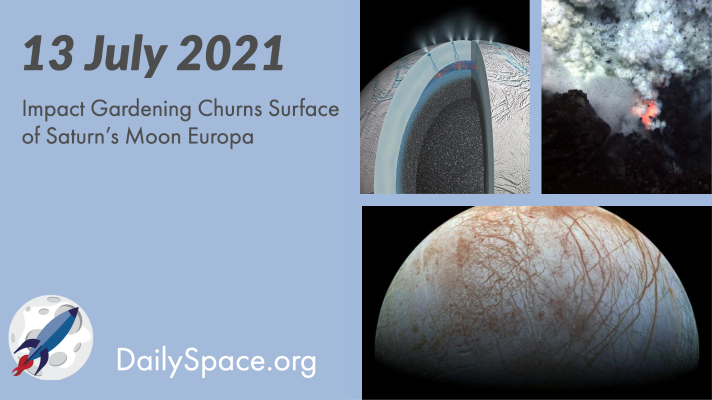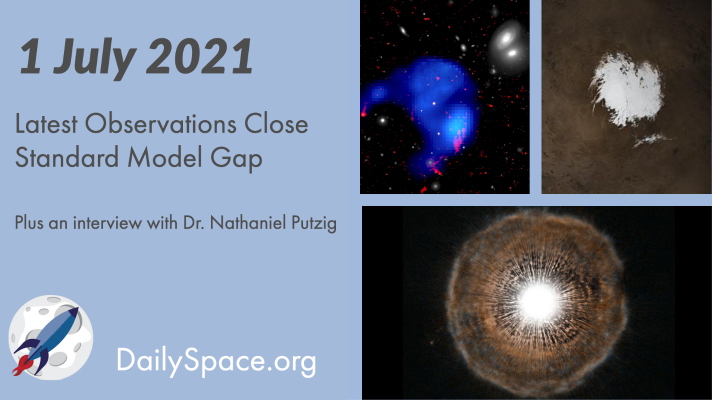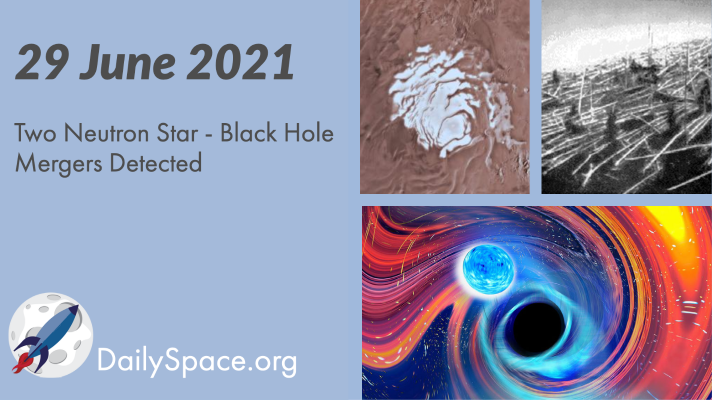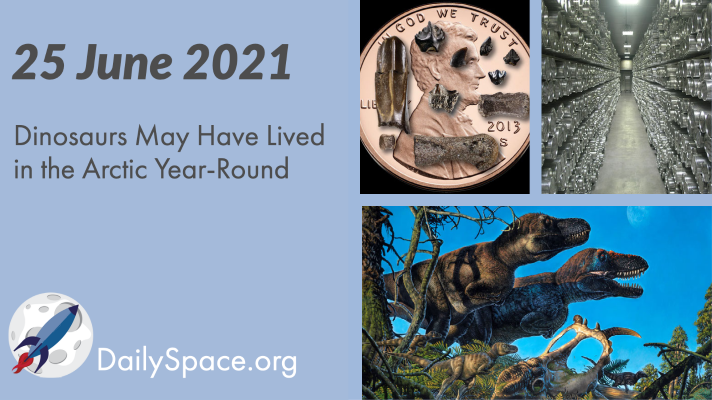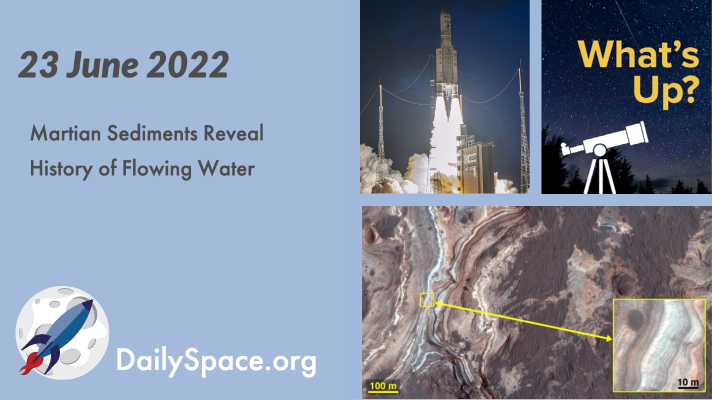
Martian Sediments Reveal History of Flowing Water
A basin region within Margaritifer Terra on Mars contains deposits of clay-bearing sediment that provide evidence of flowing water on the red planet as recently as 2.5 billion years ago. Plus, Mars mission updates, gravitational wave detection, rocket launches, and this week’s What’s Up.
Catch us on NowMedia TV
Saturday 11pm Central / midnight Eastern
Sunday 10pm Central / 11pm Eastern
Watch live on these stations: Houston 21.10, Atlanta 22.10
or tune-in on Apple TV, Roku, YouTube Live, or Amazon Prime
Rocket Roundup for July 14, 2021
For this week’s Rocket Roundup, we have all the Chinese launches! SpaceX launches a ton of satellites on one rocket, Virgin Orbit launches a few satellites from a plane, and Virgin Galactic sends a few employees to space. Plus, this week in rocket history, we look back at the Apollo-Soyuz Test Project.
Impact Gardening Churns Surface of Saturn’s Moon Europa
Over tens of millions of years, the surface of Europa has been churned by impacts down to an average depth of 30 centimeters. This churning means that the search for chemical biosignatures must look below that zone. Plus, methane and icequakes at Enceladus, predicting underwater eruptions, Virgin Galactic’s flight, and a Chinese spacewalk.
Latest Observations Close Standard Model Gap
In a new paper, a renowned physicist’s overview of recent observations shows that the gap in the universe expansion calculations is closing. The Standard Model may be fine after all. Plus, Mars’ methane mystery, an orphan cloud, galaxies moving to collide, and an interview with PSI’s Than Putzig about just what is under Mars’ south polar ice cap.
Rocket Roundup for June 30, 2021
On this week’s Rocket Roundup, a sounding rocket launches with student payloads, the Russian Space Force launches a classified satellite, and finally, a routine ISS resupply mission. Plus, this week in rocket history, we look back at STS-71 and the first Shuttle-Mir docking.
Two Neutron Star – Black Hole Mergers Detected
About 900 million miles away in two different galaxies, a black hole and a neutron star merged, and their gravitational waves have been detected here on Earth. These detections add another type of merger to the collection so far discovered. Plus, new composition data on Mars’ south polar cap and a look back at the Tunguska Event. #AsteroidDay
Dinosaurs May Have Lived in the Arctic Year-Round
The fossilized teeth and bones of baby dinosaurs found in northern Alaska may indicate that dinosaurs didn’t just summer in the Arctic but nested and raised their young there. Plus, the cosmic dawn, a cosmic hand, black holes, and preserving core samples for the future of science.


 We record most shows live, on Twitch. Follow us today to get alerts when we go live.
We record most shows live, on Twitch. Follow us today to get alerts when we go live.


